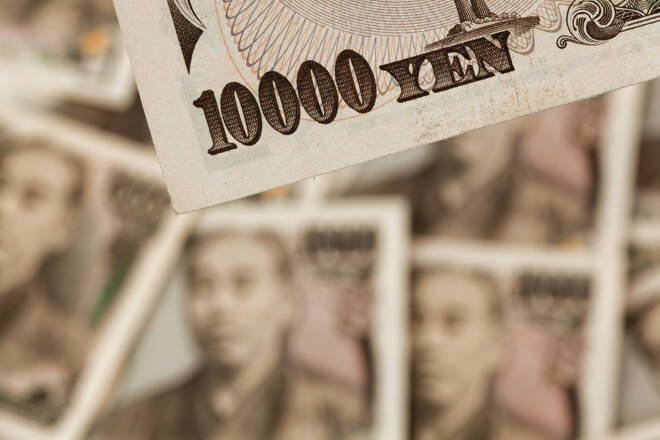Advertisement
Advertisement
Japan Eyes Stablecoin Industry Regulation
Published: Dec 7, 2021, 12:56 GMT+00:00
Authorities in Japan are looking to regulate the Stablecoin industry in the country with a new proposal.
Japan’s Financial Services Agency (FSA) is currently working on a legislative proposal that would make only banks the only legally permissible stablecoins issuers within the country. This means that popular stablecoins issuers like Tether, Circle and others might have their operations restricted within the Asian country.
Japan’s to Restrict Stablecoin Issuers
The proposal also includes a rule that’ll make it compulsory to back the stablecoins with reserve assets. This, it is believed, will lower the risks for coin users. By limiting issuance to legally required institutions to protect customers’ assets, the FSA intends to reduce the financial risks of fiat-backed Cryptocurrencies.
With these proposals, potential issuers of Japanese yen stablecoins might have to reconsider their approach. Already, GMO has launched the first regulated yen stablecoin through its subsidiary, GMO-Z.com Trust Company. It obtained a charter from the New York State Department of Financial Services (NYDFS) for this purpose.
Thus, Tether and other issuers might not be able to issue Japanese Yen stablecoins. It is important to note that there are plans to launch a bank deposit-backed digital currency by 2022.
Stablecoins face stricter regulations around the world
Japan isn’t the only country that is considering stablecoin regulations. In the US, federal regulators are currently probing a major stablecoin issuer, Tether. In addition, there have been calls for stricter regulation on who can issue this class of digital currency.
In a November report from the Office of the Comptroller of the Currency and the Federal Deposit Insurance Corp, the financial authorities called for legislation that will require stablecoin issuers to be limited to insured depository institutions. This will ensure proper regulation and supervision.
The market capitalization of stablecoins has grown dramatically over the past few months, with major issuers valued at about $127 billion, a 500% increase from last year.
However, there is no certainty on how many of these coins are backed by reserve assets. The largest stablecoin issuer was recently fined by the US Commodities Futures Trading Commission for its lack of transparency.
The debt crisis facing China Evergrande has further brought this to the forefront after there were speculations that USDT was partially backed by its commercial paper. However, Tether has claimed that it doesn’t hold any commercial paper issued by Evergrande.
About the Author
Oluwapelumi Adejumoauthor
Oluwapelumi is a firm believer in the transformative power power Bitcoin and Blockchain industry holds. He is interested in sharing knowledge and ideas about how the industry could play a pivotal role in the emerging financial system. When he is not writing, he is looking to meet new people and trying out new things.
Advertisement
